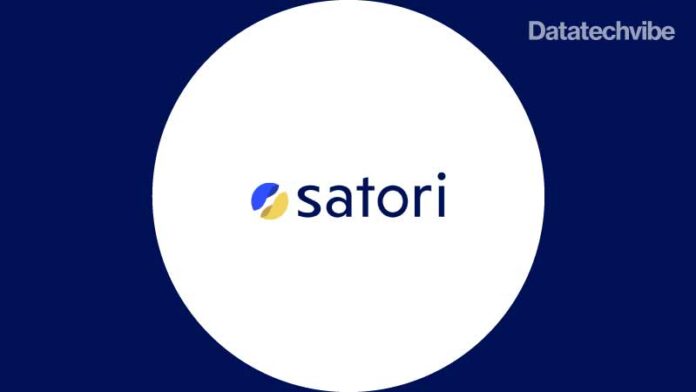DataSecOps platform Satori has announced the Satori Data Security Policy Engine to streamline data security for large enterprises.
The new extension of Satori’s platform will help companies to democratise data access and modernise operations for dynamic enterprise data environments using scalable, universal and holistic data security policies.
Satori provides a Universal Data Access Service that allows companies to modernise their data infrastructure and scale data operations. The company provides a platform for cloud data stores that delivers data governance, compliance, security and privacy as a service, allowing companies to move from existing manual operations to scalable DataOps.
“Implementing data security controls for specific users and groups is so complex that companies with a vision of enabling broad and fast access to data get stuck in a much different reality,” said Yoav Cohen, CTO and co-founder of Satori.
“Access to data gets bogged down because engineering queues are filled with tedious tactical operational and security tasks for building database views, maintaining mapping tables and developing functions to keep data entitlements under control. Our Data Security Policy Engine solves this problem by democratising self-service data access to user groups while still maintaining security and access policies. The result is fast speed-to-data access across an enterprise,” said Cohen.
The Satori DataSecOps Policy Engine provides a holistic design model with reusable policy objects to help define security policies that can scale to meet the demands of enterprise data architectures.
Data engineers can define and manage row-level security, column-level security and masking policies on top of existing datastores in a seamless and non-intrusive manner globally across all data locations at once.
Also Read: IoT in the Middle East: Embracing the Technology
In addition, policies can be automated and managed in a declarative way using the Satori Terraform Provider, so when a new dataset is provisioned, security policies and access controls are there from the get-go.
With those policies in place, the Satori user interface enables data analysts and scientists to create their own access paths to data while still complying with all security policies and without involving data engineers.
This capability is now available for anyone using Satori.
“At Satori, we are all about revolutionising data protection and governance, and our new Policy Engine does exactly that while breaking the bottleneck organisations face today,” said Cohen.









